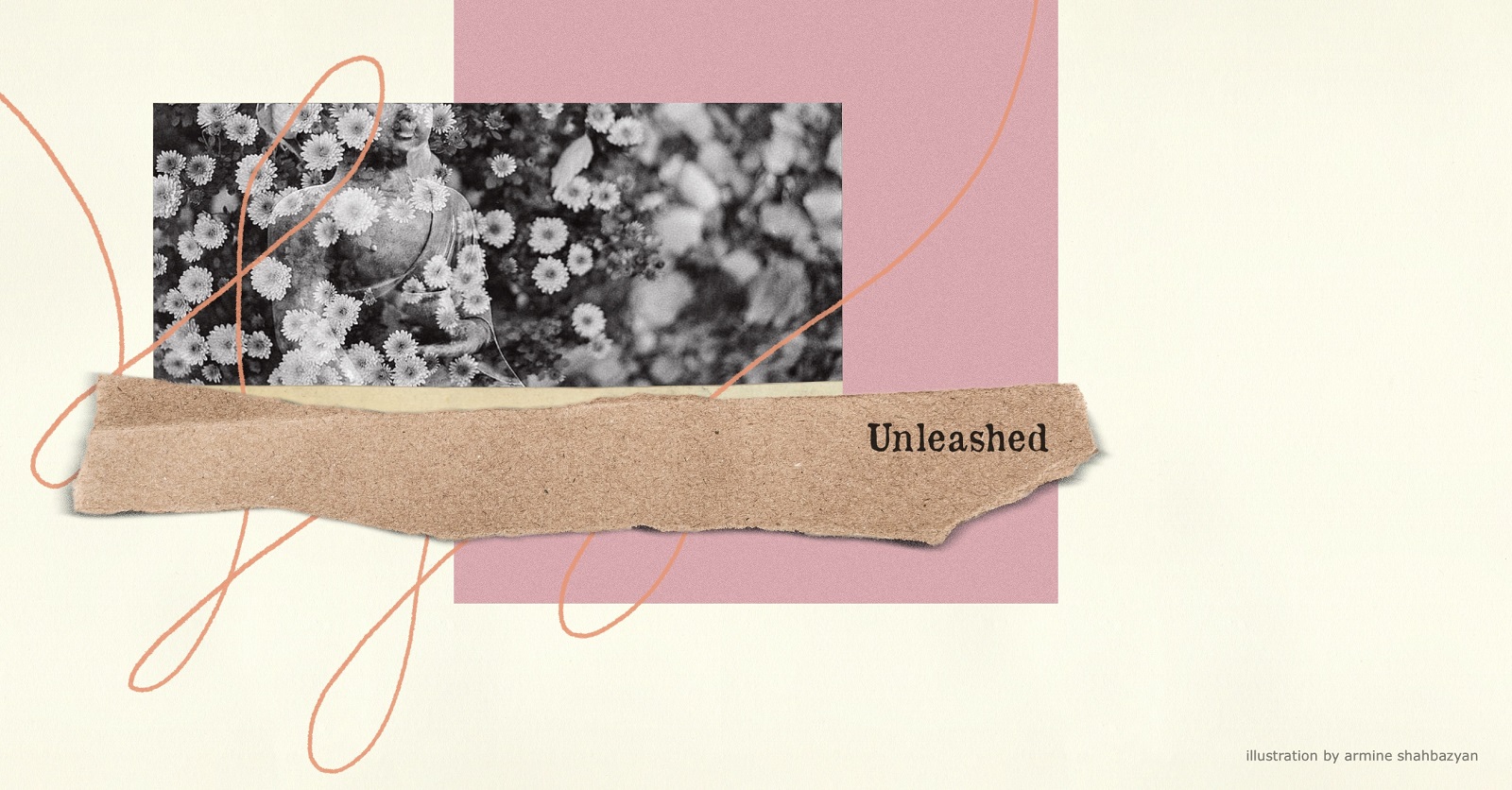

I never really got the hang of Thanksgiving. Growing up in Canada, where the holiday falls on the second Monday of October, I often found myself puzzled by all the fuss. My confusion amplified the following month when Americans, who celebrate it on the fourth Thursday of November, ramp up everything to an even greater level of intensity: stores close down, cities parade in celebration, and airports turn into scenes of chaotic reunions. Why set aside a whole day—or even a whole weekend—for droves of people to gather, binge on turkey, stuffing, and pumpkin pie, and recite what they’re thankful for over the past year? I just didn’t get it—and frankly, I didn’t really like it.
This aversion to Thanksgiving probably stemmed from my own struggles with feeling grateful. For a long time, gratitude was a concept as foreign to me as the spontaneous joy at these holiday gatherings. This disconnection was mirrored in my day-to-day interactions. Compliments, for example, were utterly alien. Whenever someone praised me, I’d automatically assume they had hidden motives. It wasn’t that I thought people were insincere; it was deeper than that—I genuinely didn’t believe I was worthy of any applause or recognition. This pattern of disbelief highlighted my broader issue with gratitude: accepting that good things could be sincerely intended for me. It took years of internal battles and learning curves before I could accept a compliment with the simplest yet seemingly hardest phrase for me to say in response: “Thank you.”
The more I said it, even without fully feeling or believing it initially, the more natural it became, helping me to grasp and embrace the importance of gratitude. It’s only in recent years that I’ve learned how much it can enhance one’s mental health. Research shows that consciously practicing gratitude can reduce feelings of stress and anxiety. And studies have found that a single act of thoughtful gratitude produces an immediate 10% increase in happiness, and a 35% reduction in depressive symptoms. Regularly expressing thanks can also improve relationships and bring a greater overall sense of well-being. Acknowledging the good in our lives—even amidst chaos and routine—can shift our perspective dramatically, transforming everyday moments into opportunities for appreciation and joy.
But it’s easy to feel thankful for positive experiences and outcomes. The real test is appreciating our struggles even before their benefits are clear. Gratitude takes on a whole new power when we extend it beyond the good times and embrace it during our hardships. By being immediately grateful for rough patches, we recognize their role in strengthening and preparing us for the future. We preemptively acknowledge that these experiences are enriching our lives, making us stronger and more capable. We’re not waiting to be thankful until after we’ve navigated through a challenge—we are grateful from the moment it appears, confident in the knowledge that it’s contributing to our growth. You might call me a masochist, but embracing such a proactive mindset makes us, as I like to say, unfuckwithable.
As I’ve settled into life in Armenia and planted my roots here, my perspective on Thanksgiving has completely changed. Now, I look forward to the fall season—with its scarves, boots, and the chic layers of fall fashion, which have always been my favorites—and I cherish the opportunity to join both Canadian and American Thanksgiving celebrations, making this time of year particularly stylish and heartwarming. Sharing tables laden with delicious, abundant food and exchanging stories of gratitude with a growing circle of friends and loved ones as they pass the gravy and cranberry sauce, is just magical. Now, I can see what all the fuss is about. A daily practice of gratitude is fine and necessary, but experiencing it within a community, enhanced by the festive spirit, exchanging our hardships and triumphs of the past year over sumptuous meals, is just next level amazing. Now, I can finally say that I understand the joy of Thanksgiving, and I absolutely love it.
So, in the spirit of giving thanks this year, I would be remiss if I didn’t take a moment to reflect on the incredible companionship I have experienced through the writing of this column. To all my readers and listeners who’ve been with me since I began “Unleashed,” and to those who’ve joined or discovered it along the way, thank you so very much. Your engagement, comments, and stories have enriched this journey beyond words. Sharing my experiences with you has been a priceless part of my own growth and gratitude practice. Your support shapes my solitary thoughts into our communal dialogue. Here’s to many more conversations and celebrations—may they bring us even closer.
See all [Unleashed] articles here
Listen to Sheila’s personal reading of “Praise the Fuss”.

Sheila Paylan is an international human rights lawyer and former legal advisor to the United Nations. Now based in Yerevan, she regularly consults for a variety of international organizations, NGOs, think tanks, and governments.

